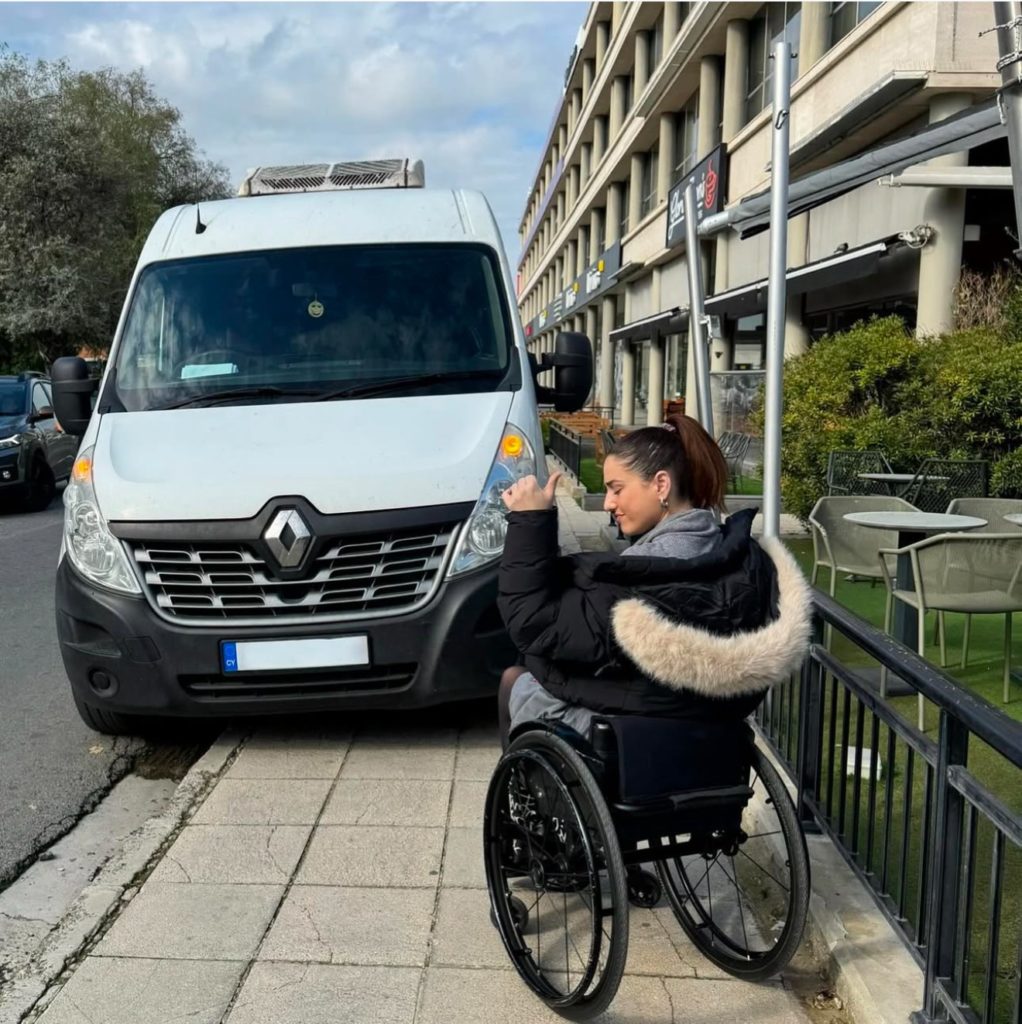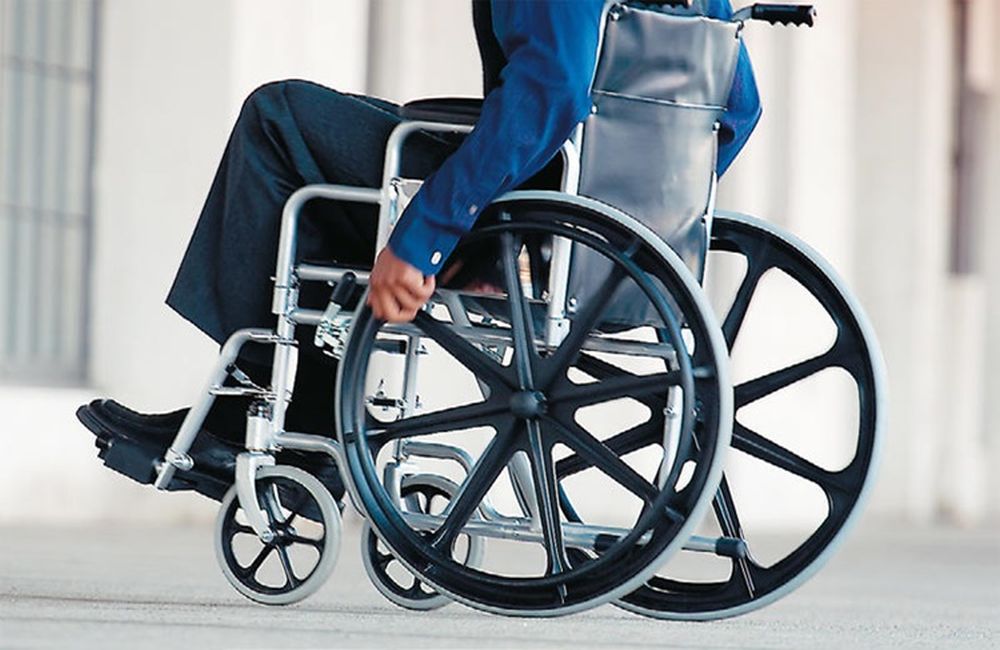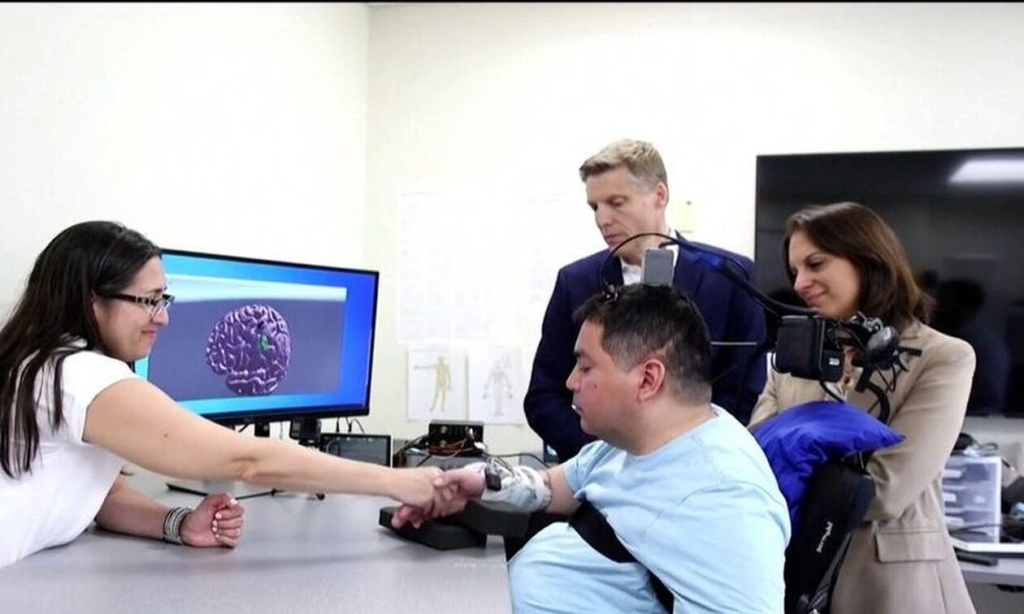

In 2025, accessibility and equality should be fundamental rights, not privileges. However, daily life proves that we are still far from achieving a truly inclusive society. The recent incident brought to light by Rafaela, who faced obstacles simply trying to move around a public space, is just the tip of the iceberg. It’s one of the countless examples of what many people with disabilities experience every day.
The reality is harsh: In Cyprus, the percentage of people with disabilities is significantly high. Yet, infrastructure, services, and attitudes remain stuck in the past. Our country still lacks a comprehensive framework to ensure true equality and accessibility for all.
What happened today to Rafaela is just a glimpse of the harsh reality. Inaccessible sidewalks, blocked ramps, non-inclusive public spaces, transportation systems that exclude people, and a society that often turns a blind eye. How many more such images do we need to see to understand that these are not isolated incidents but a systemic problem?
Our society must change its mindset, and the government must take responsibility. Equality is not negotiable. It is not optional – it is an obligation. People with disabilities are not asking for pity or special privileges. They are asking for the obvious: equal opportunities, access, and respect. But change must start from the top.
- Immediate Legislative Changes: The government must immediately impose stricter penalties for accessibility violations and integrate universal design principles into every new project. No construction or project should be approved without meeting basic accessibility standards.
- Systematic Inspections: Municipalities and local authorities must create inspection committees to ensure compliance with accessibility standards. Sidewalks, public spaces, and even private businesses must adhere to the requirements.
- Education and Awareness: Mindset change begins with education. Schools, public organizations, and even businesses must introduce educational programs on equality and respect for people with disabilities.
- Financial Support for Accessibility: The government and the EU must provide financial incentives to improve accessibility in public and private spaces.
- Boosting Technological Solutions: Applications like Ablebook, which promote accessibility, must be supported in every way. These tools improve the lives of people with disabilities and provide solutions where the state falls short.
We must never forget that accessibility and equality are not just issues for people with disabilities. They are issues of respect and culture. A society that does not respect the rights of all its citizens cannot move forward. It is up to the government, municipalities, and each of us to send the message that change is here – and it starts now.
At Ablebook, we are committed to continuing the fight for a society that leaves no one behind. Together, we can shape a future where people like Rafaela don’t have to give daily lessons on respect. A future where equality is not a goal but a reality.





